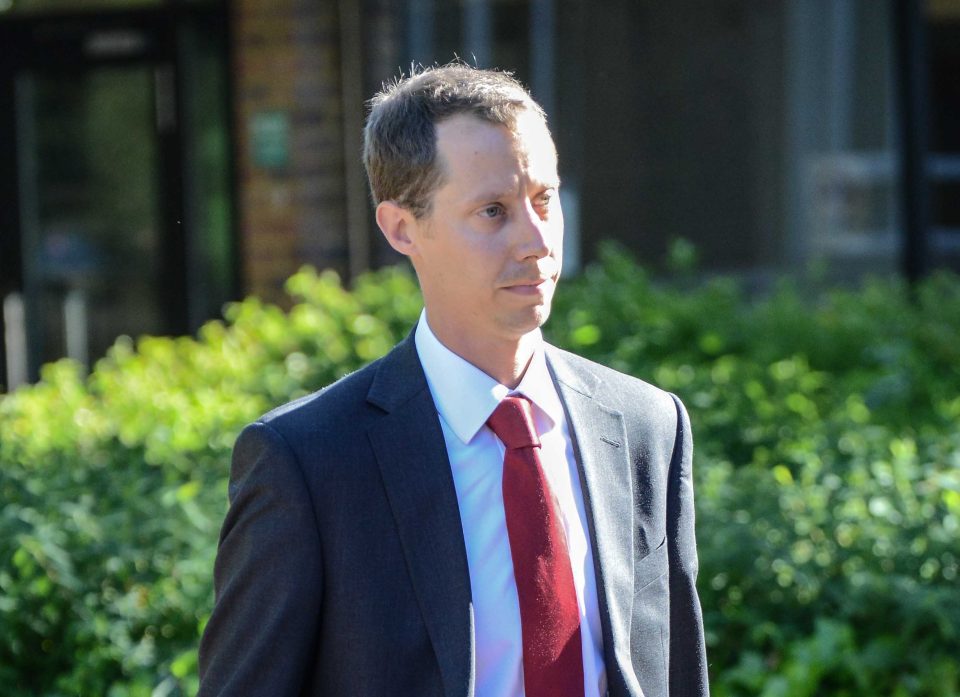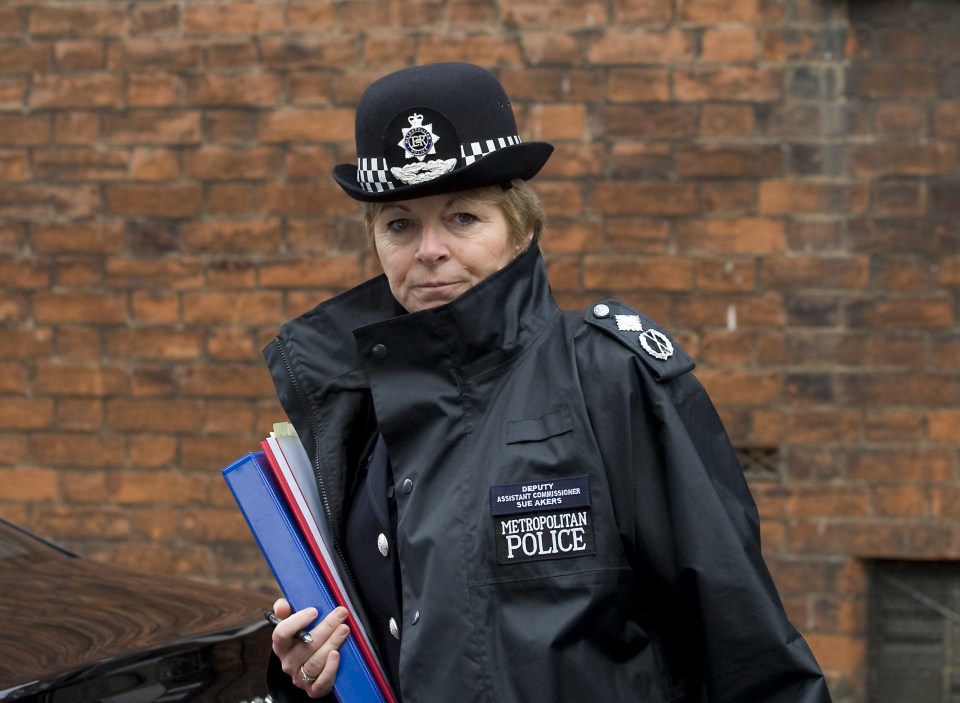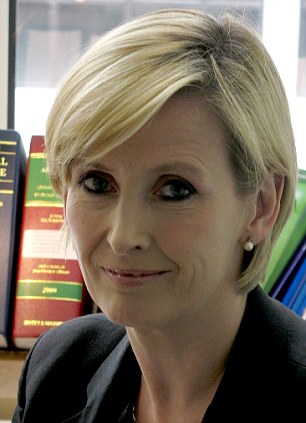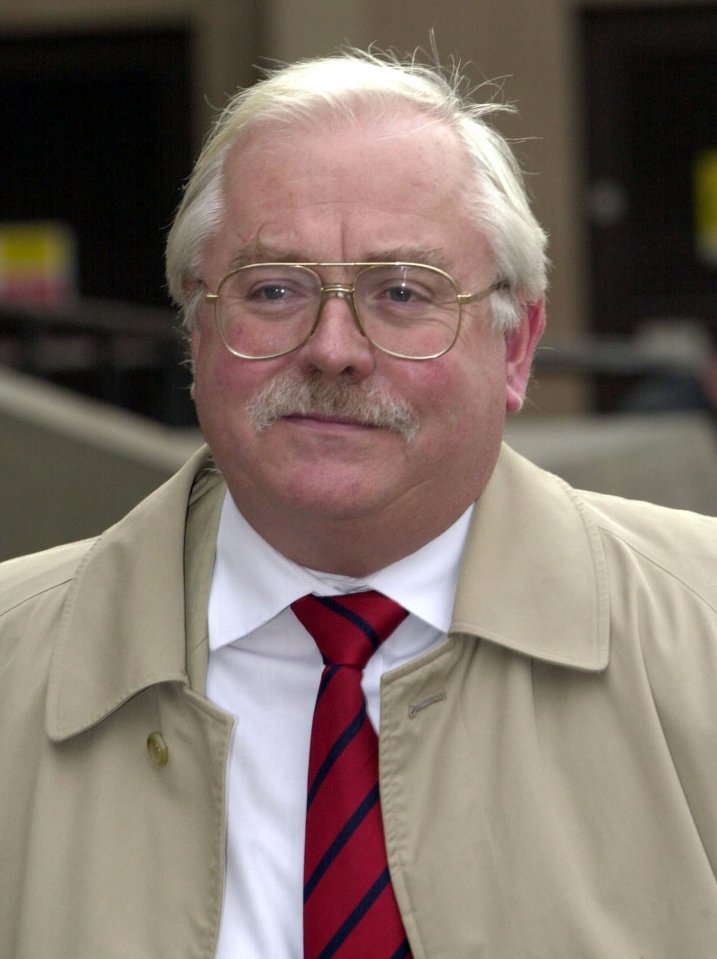Cops were told that rape allegations against teacher were not strong enough to go to court
Officers informed by CPS that Kato Harris could not be charged as case did not pass 'reasonable chance of conviction'

COPS who investigated the failed rape case against geography teacher Kato Harris were initially told it was not strong enough to charge him.
Officers probing allegations he repeatedly raped a teenager in 2013 had gone to the Crown Prosecution Service in 2014 for advice after her first interview.
But experts told them at that time there was not enough there to pass the “reasonable chance of conviction” threshold to charge him.
It was only after the girl requested a second interview – which Mr Harris’s lawyer described as “almost rehearsed” – there was enough evidence to formally accuse him.
On Monday the Richmond-based teacher, 37, broke down in tears after a jury took just 26 minutes to clear him of any wrongdoing.
The complainant's millionaire family had feared he would never have been charged and were at one point preparing for a possible civil prosecution.
They shelled out for expensive law firm Mishcon De Reya, who in turn brought in former top cop Sue Akers as a “private investigator”.
RELATED STORIES
Miss Akers was understood to have been enlisted on the recommendation of one of the company’s partners Alison Levitt.
They had worked together when the cop had been at the Met police and the lawyer at the Department of Public Prosecutions.
CPS chiefs did decide to charge Mr Harris, even though he maintained he had been taking medication that destroyed his libido.
His lawyer William Clegg QC raised the question of Miss Akers and Mishcon’s involvement but they insisted their roles had been minor.
Last night the CPS declined to comment on the sequence of events when approached by The Sun.
It said in a statement: “The CPS thoroughly reviewed this case and decided there was sufficient evidence to bring the case to court, and that it was in the public interest to do so.
“It is not for the CPS to determine the guilt or innocence of a suspect, but to bring cases to court which meet the Code for Crown Prosecutors.
“The evidence in this case was put before a jury and we respect their decision.”















